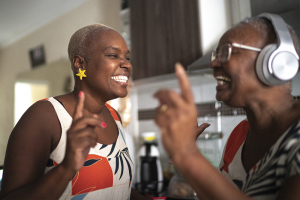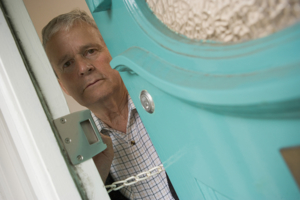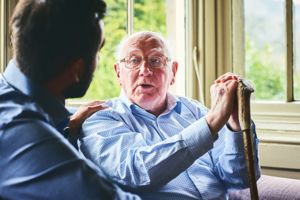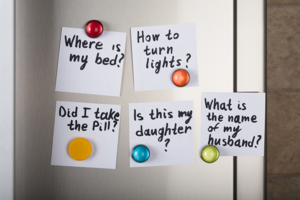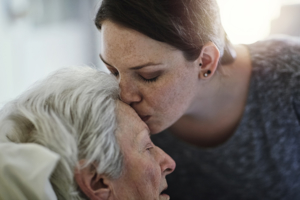Taking Care of Elderly Parents After the Pandemic: The Shift We Can Expect

Employers may now have a different perspective on those taking care of elderly parents post-pandemic.
If there is a single positive after-effect regarding the pandemic, it is the appreciation generated for the plight of family caregivers. Managing work and home life is without question a tremendous challenge for those taking care of elderly parents. As Lindsay Jurist-Rosner, CEO of Wellthy, explains, “Caregiving went from a silent struggle to being in the spotlight overnight.”
Businesses were suddenly thrown into the fire of navigating a world of balancing the safety of staff along with the need to uphold productivity. Here is what we discovered – and what we can expect in the future:
-
- More telecommuting. Individuals who began working from home in the last year have, in some cases, demonstrated their ability to be much more productive. Because of this, it is predicted that nearly 25 – 30% of the workforce within the United States will continue telecommuting at least several days a week this year.
- Less stress. Doing away with the daily commute opens up extra time for self-care for family caregivers, while enhancing peace of mind. This is particularly true for those who relied on public transportation and were wary of compromised health safety. To further boost mental health, many employers are offering subscriptions to mindfulness and meditation apps.
- A corporate culture of caring. Working from home has opened up the personal elements of our lives to employers. Zoom meetings share our living spaces with each other, including the appearance of pets, children, and other household members. As a result, the workplace has started to become more humanized, resulting in a more empathetic working environment.
- Emphasis on mental wellness. Along those lines, there is now greater awareness of the significance of attending to our mental health. A Kaiser Family Foundation poll shared that nearly 45% of adults experienced negative mental health affects as a result of the pandemic – and an even more substantial percentage in those who function as family caregivers for older family members. Many employers have started implementing ways to take care of the mental health of their employees, such as offering virtual adventures and trips to give the chance to relax and escape.
Let Responsive Home Care, who offers the best respite care in Weston, FL and the surrounding areas, further help nurture a better work-life balance with our dependable respite care services. Regular, ongoing respite care is key to the general wellness of family caregivers. Our skilled and compassionate home care team is on hand to help with anything from only a few hours every week up to and including 24/7 care. Call us at (954) 486-6440 to request a no cost in-home assessment to find out more.

